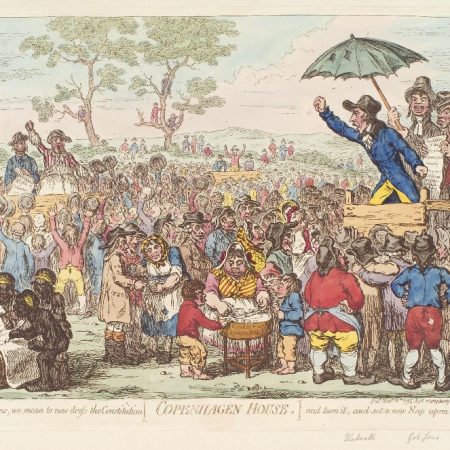As a society, we have made great strides in reducing crime. At the same time, we’ve drastically increased the populations in prison beyond what other countries have. The crime rates we see aren’t lower when compared to other countries with much lower incarceration rates. What can explain that difference?
Unless we believe that there are more “evil” people in America we have to look at societal or systemic causes. I want to focus on plea bargains and how they contribute to a lack of deterrence from criminal punishments in this post. There are other obvious factors such as wealth inequality that are major contributors, but I am not addressing them here.
Plea bargains result in innocent people pleading guilty to avoid potential greater charges. This problem disproportionately impacts lower income defendants as they are lacking funds to pay for a criminal defense attorney. When innocent, it seems very unjust that the smart move may be to admit guilt to a crime to avoid greater punishment.
Plea bargains also result in people who are guilty of crimes getting lesser sentences, removing much of the deterrent from committing a crime. When prison isn’t something that is feared at the length of sentences after the standard plea bargain, it severely reduces motivation to avoid those sentences. Further, with negotiating power it allows a defendant to hand over other information when a sentence might be too much for them to accept.
Since even on a brief examination plea bargains hurt the innocent and help the guilty, why are they part of the criminal justice system? It is because it helps prosecutors and defense attorneys.
Prosecutors are able to try cases only when they know they will win them and use plea bargains in other cases. This helps them have a lower work load per case and helps them have only victories when they go to trial.
For defense attorneys, they are paid by the government per case. If they can do quick plea bargains they will get paid a case fee for their time that is a much greater hourly rate compared to going to a trial. This is how many defense attorneys make money.
Many death row exonerations are based on testimony from people who received a plea bargain later being proved untrue. It’s crazy to think that someone wouldn’t lie in court to avoid the potential of a life sentence. The moral is be the first to create a plea bargain otherwise the other defendant may be cajoled into doing the same. It’s the standard prisoner’s dilemma.
It’s time to evaluate what plea bargains have as an impact on crime and wrongful convictions as a society. We can look at numerous cases of cities, states, and countries that have eliminated or curtailed the practice. It has not resulted in crime surges in these locations and it has not resulted in an increase in the expense of the justice system. Great examples of this are Alaska and Germany. The lack of plea bargaining hasn’t changed the expected outcome of crime rates. It also hasn’t made it more expensive in either of these places to have a criminal justice system.
If we don’t ask questions about what systems may need small reforms, we end up in a situation where radical change becomes more palatable. I believe that radical change shouldn’t be the answer until all else has failed. We need to do the hard work to understand and answer the questions as to what something like the elimination of plea bargains as a country may bring.
